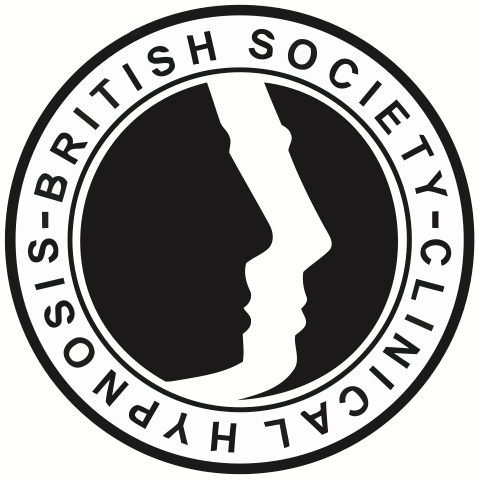What comes to mind when you think of the word addiction? Alcohol, drugs, cigarettes, the internet, gambling? People that have no self-control? An insatiable craving, an urge that won’t go away?
According to Action on Addiction, 1 in 3 of us are addicted to something.
Addiction can be defined as not having control over using, taking or doing something to the point where it can become harmful to you. Addiction can be difficult to live with, it can affect your relationships, your career as well as your physical and mental health.
Addictive behaviour tends to start with curiosity and the desire to try something new. Very rarely do people set out to become psychologically and physically addicted to something. In other words, it’s a learned behaviour. And if something is learned, it can be un-learned.
So what about a Habit?
A habit is a routine behaviour that’s repeated regularly and tends to occur subconsciously. Habits can be good, bad or neutral. We’ve probably all had a habit at one point in our lives, or at the very least, know someone who has. Hypnotherapy focuses on helping you to get rid of bad habits, and replace them with better ones, habits that contribute positively to your health and overall well-being.
How can you break a bad habit or overcome an addiction?
- Make the decision to quit. Don’t let someone else make the decision for you. It has to be your choice. It’s called “free will”, the freedom to choose.
- Get to know your triggers.
- Replace the bad habit with a good one. If you’re a smoker and you tell yourself not to smoke, your brain still hears the word “smoke,” so if you tell yourself to chew gum every time you want a cigarette, your brain has a more positive action to perform. Addictive behaviour has both neurological and psychological processes that triggers the brains reward systems, so be sure not to replace one bad thing with another bad thing!
- Prepare for change. If your cupboards are full of alcohol, replace the bottles with juice, water, teas etc. If you’re a shopaholic, cut up your credit cards. You’re giving your subconscious mind the message that change has happened!
- Stay away from people, places and things where the habit or addiction used to take place.
- Seek professional help, from a doctor or trained therapist.
How can hypnotherapy help you overcome addictions and bad habits?
In hypnosis you are in a pleasant, deeply relaxed state. You are not asleep, rather in a state of heightened awareness and focused attention. In this state your subconscious mind (the part of your mind that operates without you being aware of it) is more open to positive suggestion for change. Your amazing subconscious mind is responsible for a most all of your behaviours and habits, as well as 90-95% of your functioning overall.
Using positive suggestion, guided imagery and deep relaxation techniques, a clinical hypnotherapist will look to change the way you respond to certain triggers. Suggestions are made with the aim to stop the addictive craving or the desire to perform the bad habit, reframing how you feel about it, not being controlled by it but you taking back control.
For more information or to schedule an appointment to quit your habit or addiction – Get in touch today: https://gailmarrahypnotherapy.com/contact/








